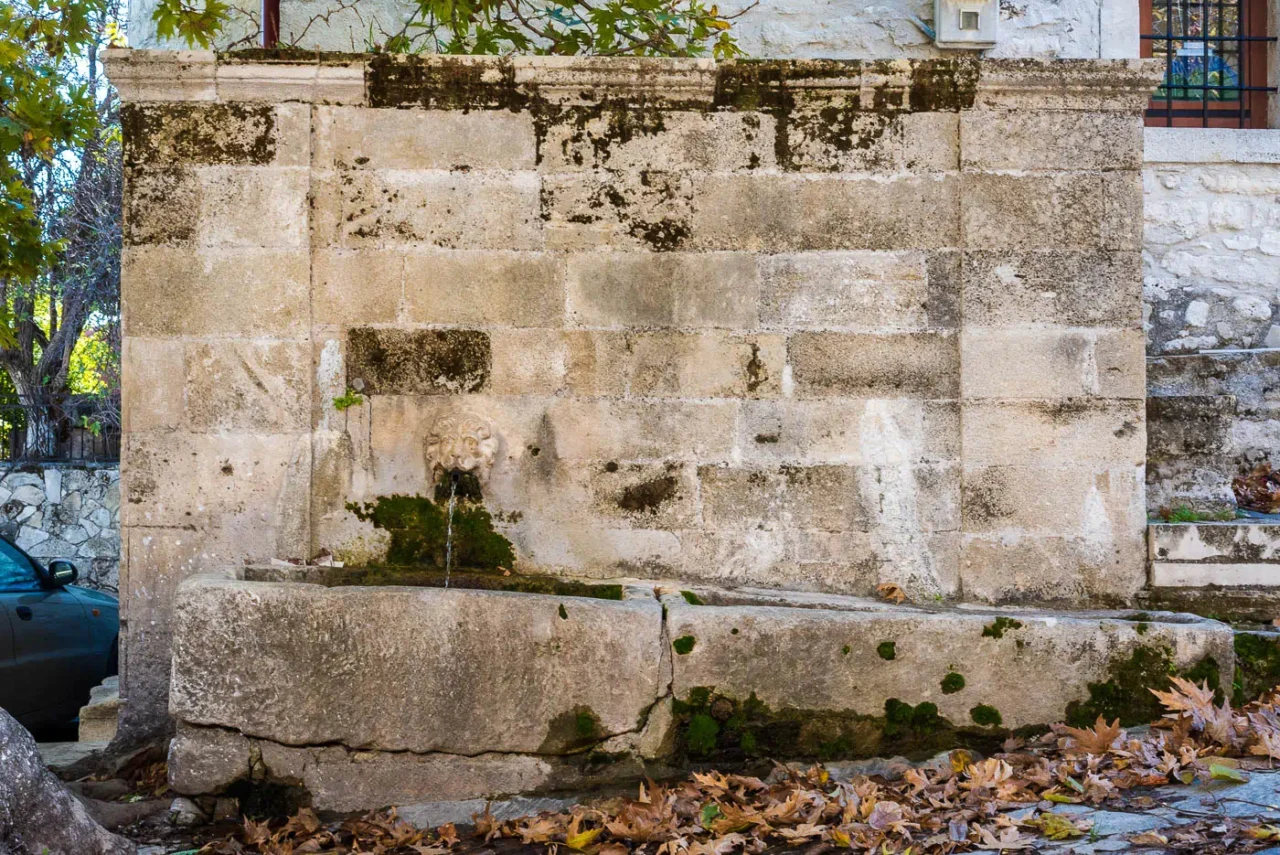
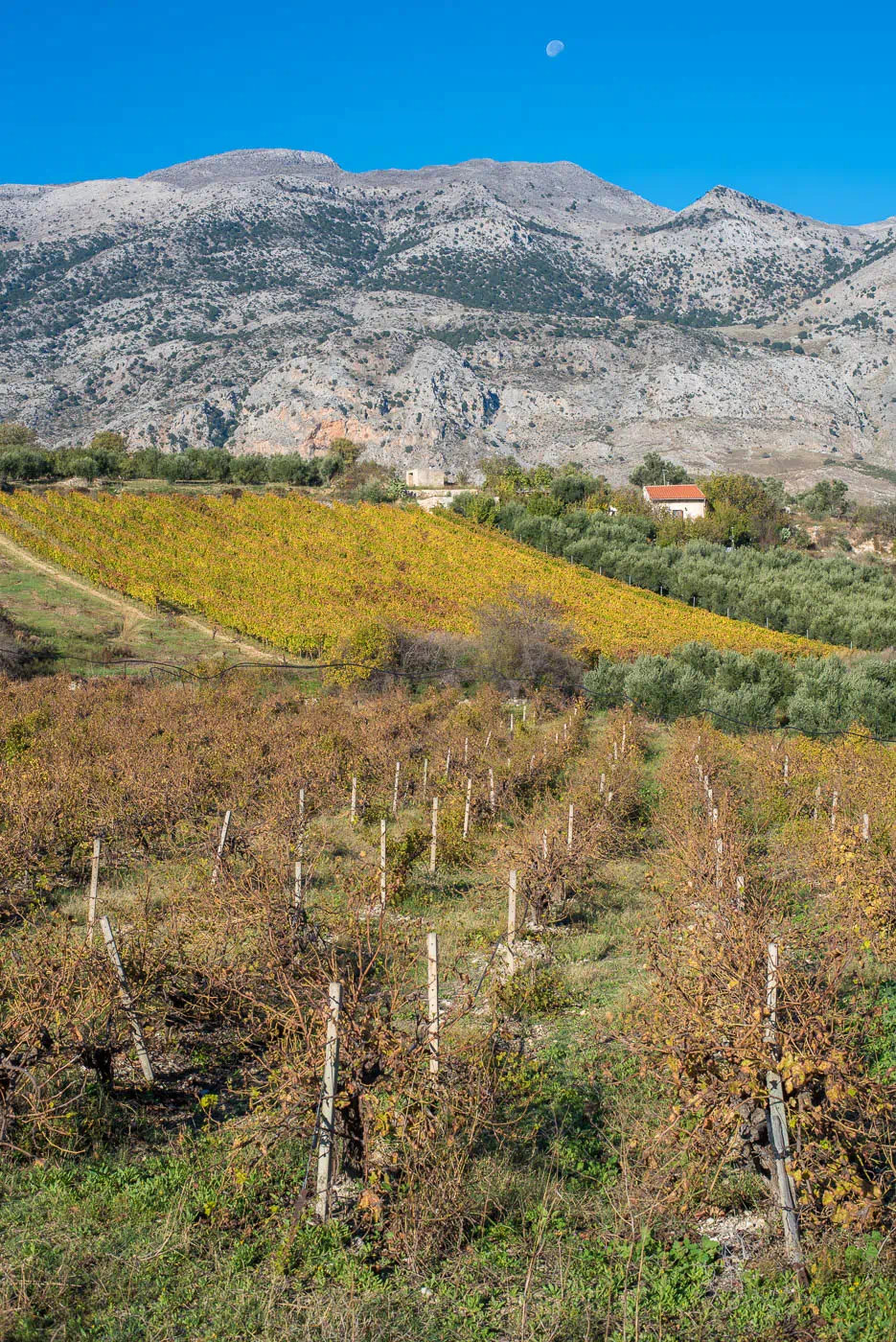
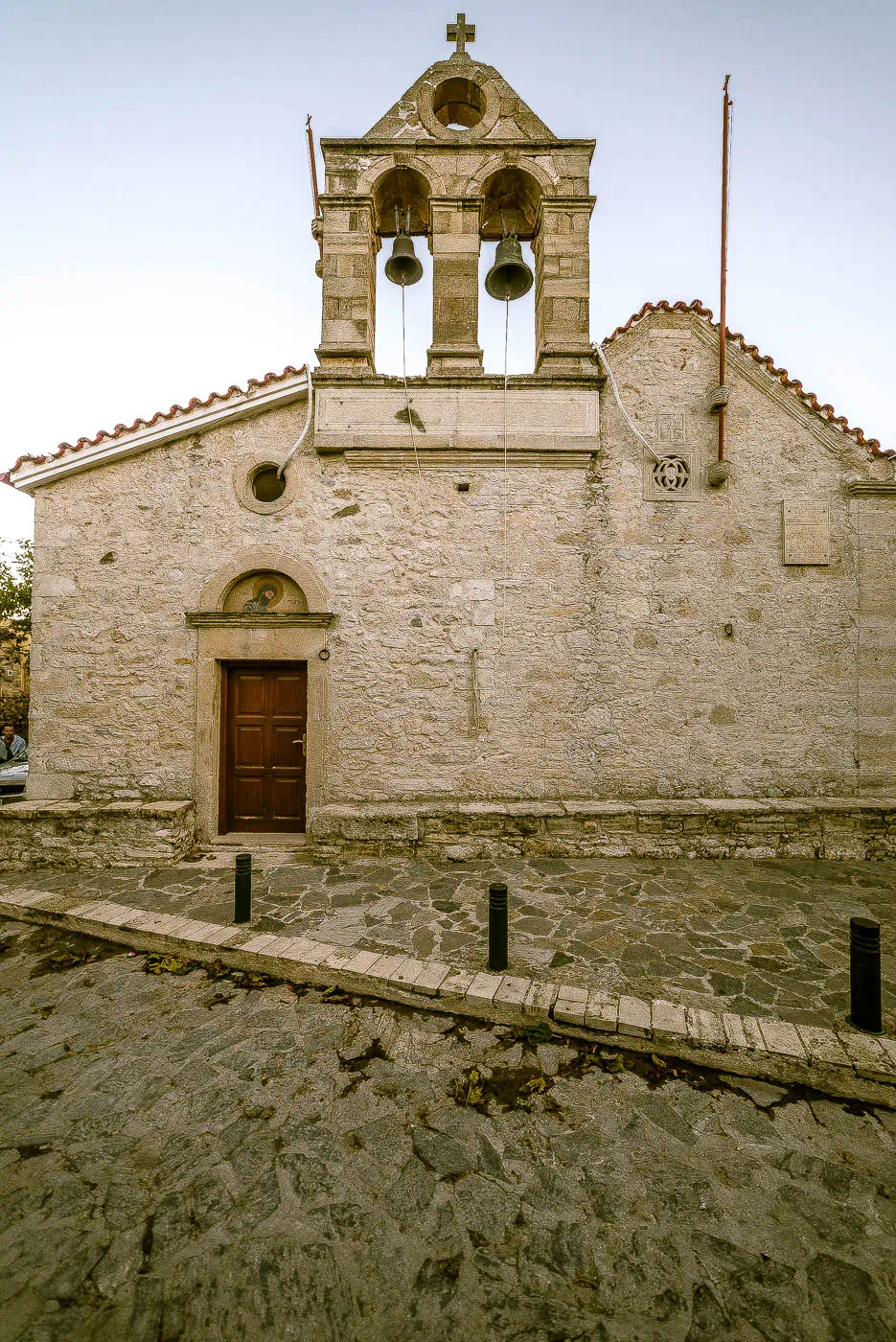


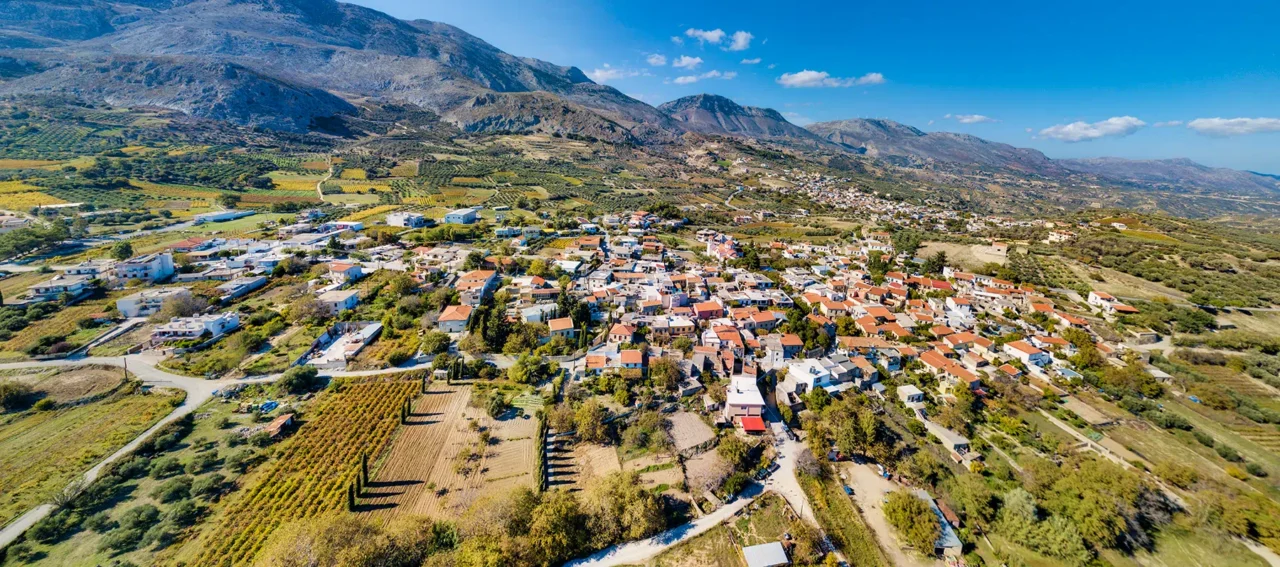
Ano Asites is a village located in the Heraklion regional unit on the island of Crete, Greece. It sits at an altitude of 480 meters on the eastern slopes of Mount Ida (Psiloritis). The village falls within the municipality of Heraklion and the municipal unit of Gorgolinis.
History
The history of Ano Asites stretches back to ancient times, as evidenced by archaeological findings in the area. The presence of a necropolis with tombs dating from the Minoan period to the Roman era suggests a long and continuous human presence in the area.
In more recent history, the village was first mentioned in the Venetian census of Castrophylacas in 1583, which recorded a population of 228 inhabitants. During the German occupation in World War II, Ano Asites became a haven for Greek resistance fighters, including the renowned Cretan resistance leader Manolis Bandouvas, who was born in the village.
Archaeological Significance
The area surrounding Ano Asites is rich in archaeological interest. Near the village, remains of the ancient city of Rizinia have been discovered, including Roman baths and a necropolis containing 680 tombs from various periods. The necropolis at Siderospilia further confirms a continuous human presence in the area for over 1,000 years. These findings highlight the important role this area played in central Crete throughout history.
Natural Environment
Ano Asites is situated near the forested areas of Mount Ida, providing a scenic natural environment. The village is surrounded by several caves and gorges, including the gorges of Agios Antonios and Agios Charalambos. The European walking path E4, which starts from Ano Asites and ends at Profitis Ilias, offers opportunities for hiking and enjoying the natural beauty of the region.
Village Life and Culture
Today, Ano Asites maintains its village character. The village has a kindergarten and a primary school. A folk museum showcases the local traditions and cultural heritage. The village church is dedicated to Agios Ioannis, who is also the patron saint of Ano Asites. Each year on August 29th, the village celebrates Agios Ioannis with a large festival featuring various activities and events.
Village Key Points
- Location: Eastern slopes of Mount Ida, Crete, Greece
- Historical Significance: Necropolis with tombs from Minoan to Roman periods, remains of the ancient city of Rizinia, role in Cretan resistance during WWII
- Population data over the years:
Year |
Population |
|---|---|
1583 |
228 |
1991 |
399 |
2001 |
414 |
2011 |
425 |
2021 |
325 |
- Current Status: Active village with a small population, maintains traditional character, focus on agriculture and tourism.
Access
20 km from Heraklion

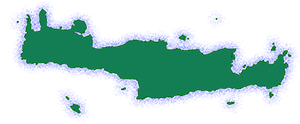











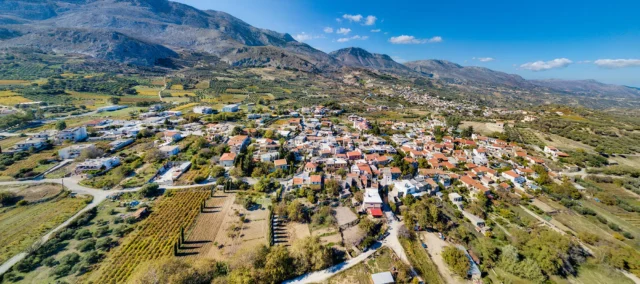

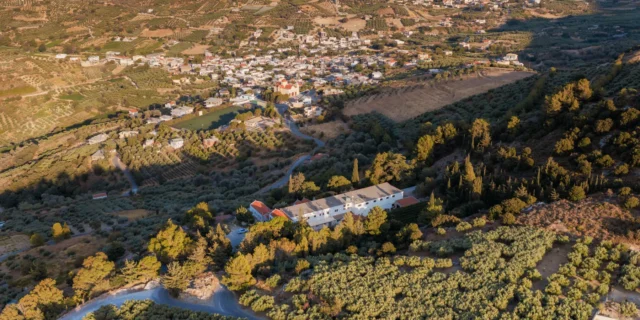
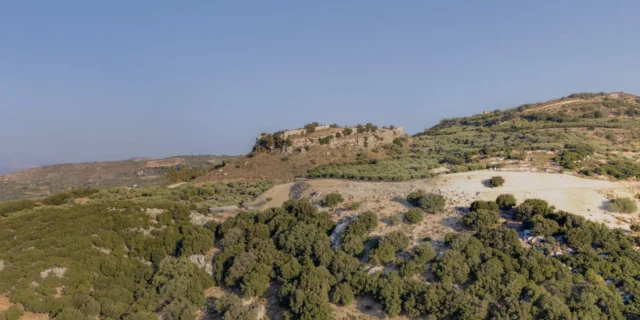
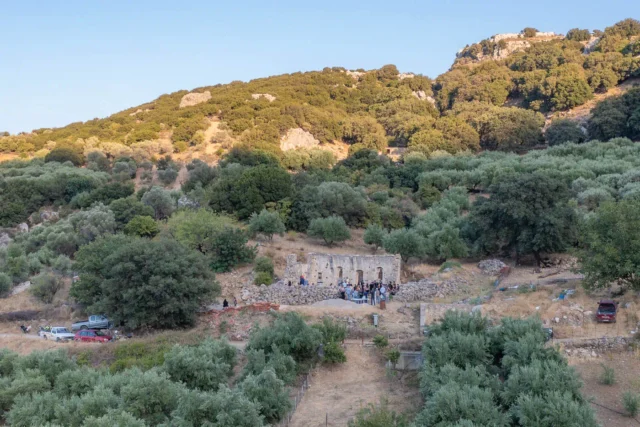

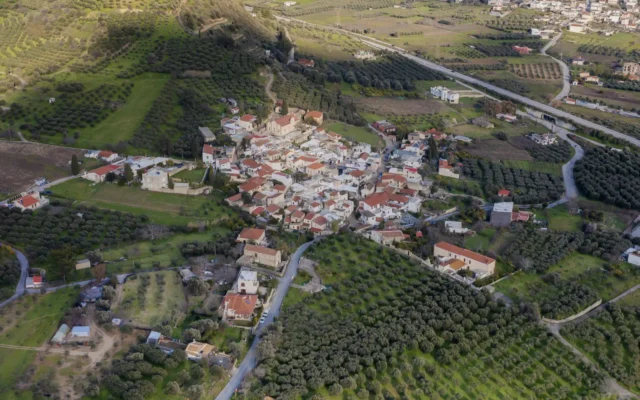


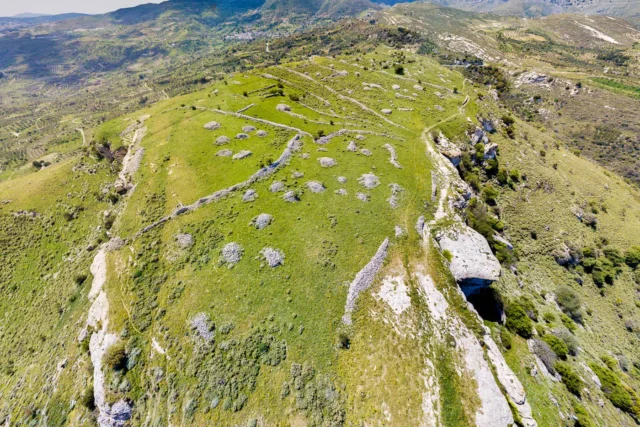

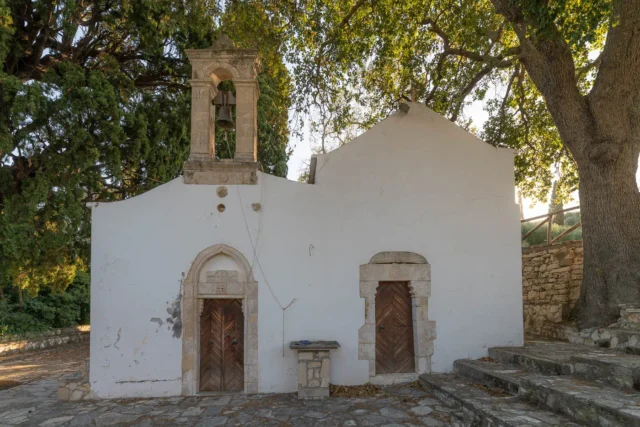

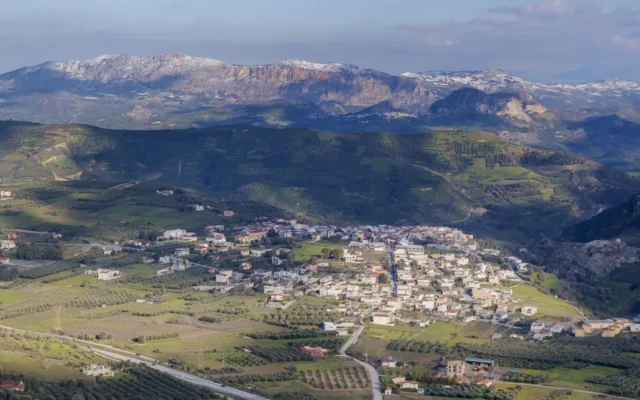

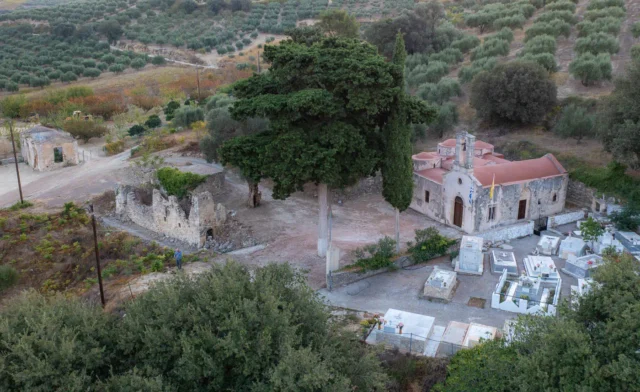
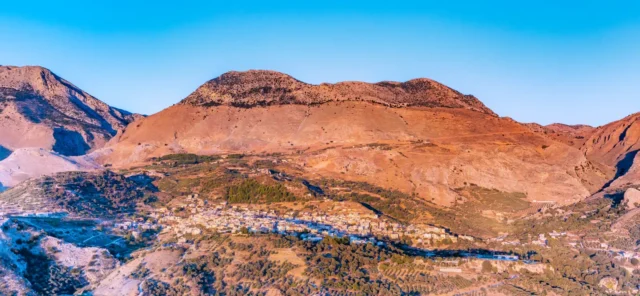
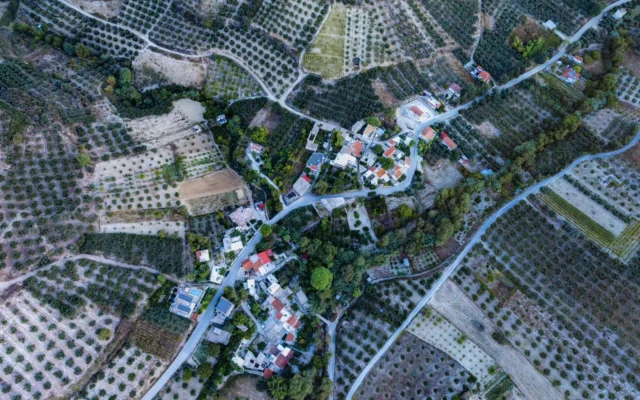

There are no comments yet.